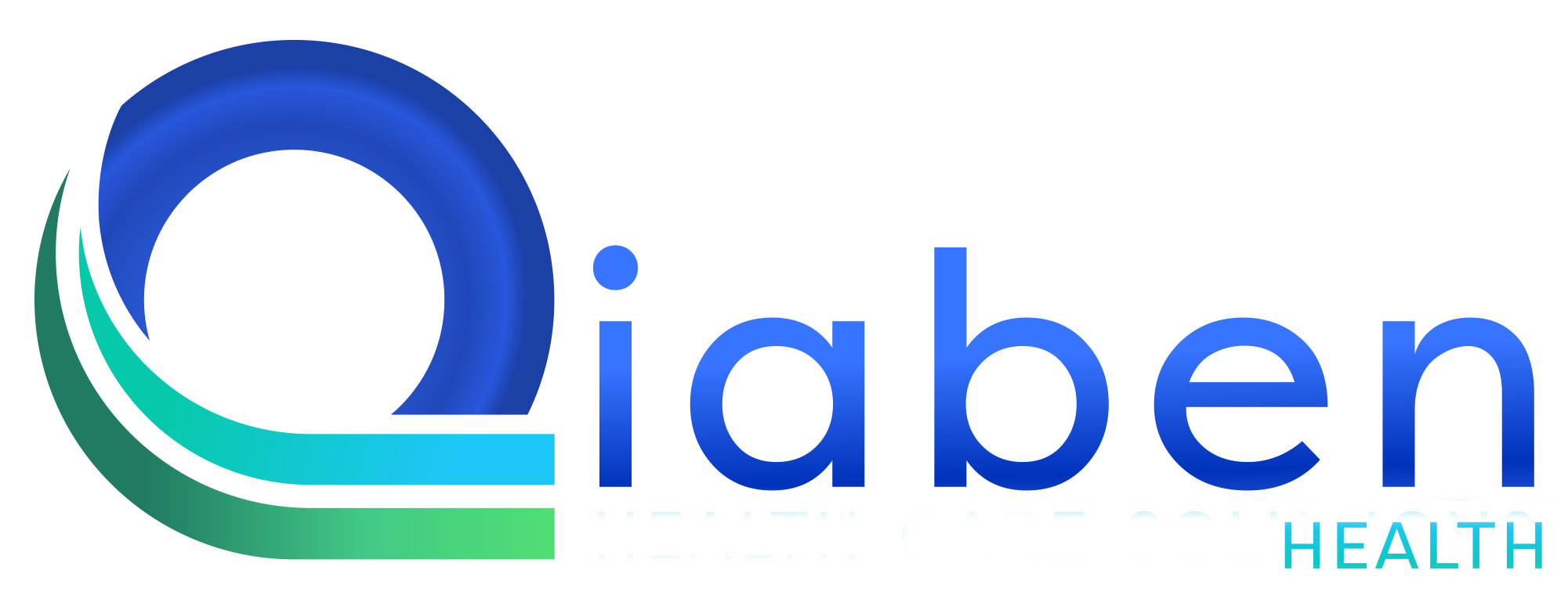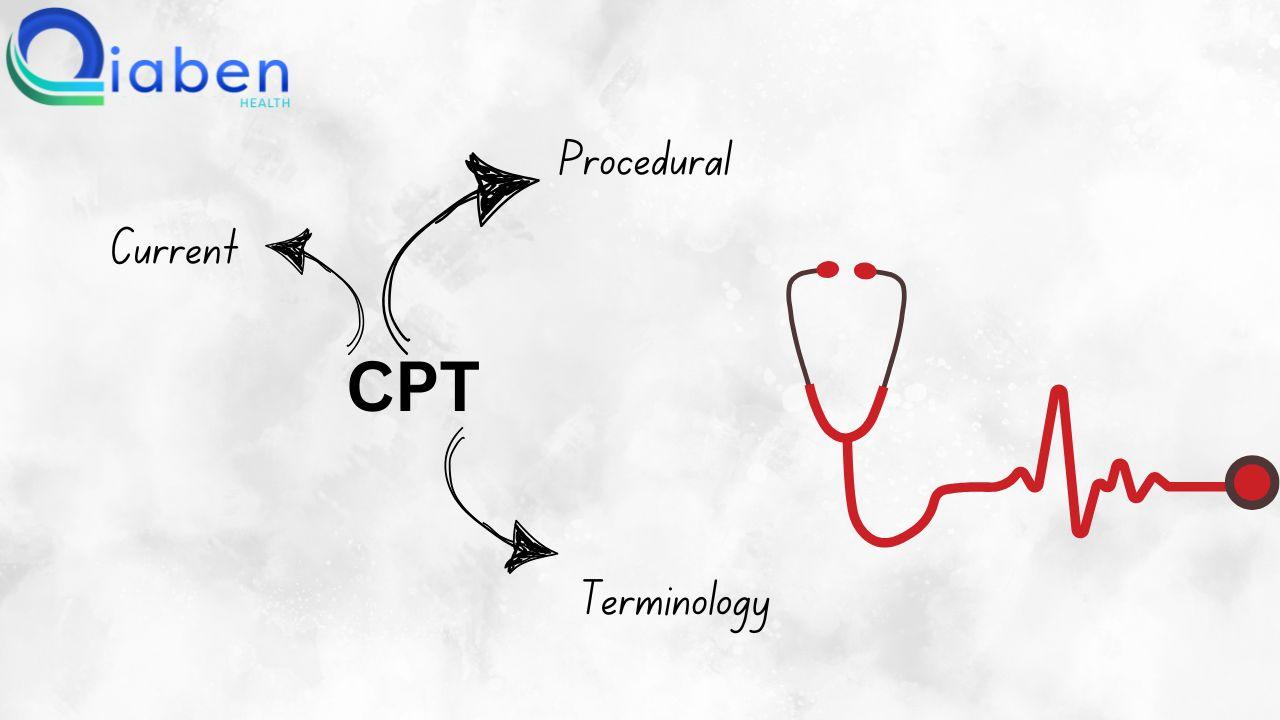Introduction to Qiaben’s Free EHR Software
Overview
Qiaben’s Electronic Health Record (EHR) software has emerged as a notable tool in the healthcare industry, offering a free, comprehensive solution tailored for US healthcare providers. Its user-friendly design, combined with robust security measures, positions it as a vital component in the modern healthcare landscape.
Importance in Modern Healthcare
In today’s digital age, healthcare providers face the dual challenge of delivering high-quality care while safeguarding patient data. EHR systems streamline patient management and improve efficiency, making the integration of such technologies crucial. Qiaben’s EHR software not only enhances operational workflows but also addresses stringent security demands, thereby ensuring the confidentiality, integrity, and availability of sensitive health information.
Understanding EHR Software
Definition and Purpose
Electronic Health Records (EHRs) are digital versions of patients’ paper charts. They provide real-time, patient-centered records that make information available instantly and securely to authorized users. EHRs are designed to go beyond standard clinical data collected in a provider’s office and can include a broader view of a patient’s care.
Evolution of EHR Systems
The transition from paper-based records to digital systems has been gradual but transformative. Initially, EHRs served primarily as digital repositories of patient data. Over time, they have evolved to integrate with various health information systems, offering functionalities such as electronic prescribing, patient portals, and interoperability with other EHR systems.
The Need for Security in EHR Systems
Significance of Data Protection
The rise of digital health records has introduced significant security challenges. Protecting patient information is paramount due to the sensitive nature of health data. Unauthorized access or breaches can lead to severe consequences, including identity theft, financial loss, and compromised patient trust.
Regulatory Requirements
EHR systems must comply with regulatory standards such as the Health Insurance Portability and Accountability Act (HIPAA) and the Health Information Technology for Economic and Clinical Health Act (HITECH). These regulations mandate stringent measures to ensure the confidentiality, integrity, and availability of health information.
Key Security Features of Qiaben’s EHR Software
Data Encryption
Qiaben’s EHR software employs advanced encryption techniques to protect data both at rest and in transit. This ensures that even if unauthorized access occurs, the data remains unreadable without the appropriate decryption key.
Access Controls
Robust access controls are a critical feature of Qiaben’s software, limiting data access to authorized personnel only. These controls are based on user roles and responsibilities, minimizing the risk of unauthorized access.
Audit Trails
Qiaben’s system maintains comprehensive audit trails that track all access and modifications to patient data. These logs provide accountability and help in identifying any potential security breaches.
Data Backup and Recovery
To mitigate data loss risks, Qiaben incorporates automated data backup and recovery solutions. These features ensure that data can be restored quickly in case of accidental deletion, hardware failure, or other incidents.
Multi-Factor Authentication
Qiaben enhances security through multi-factor authentication (MFA), requiring users to provide multiple forms of verification before accessing the system. This reduces the risk of unauthorized access due to compromised passwords.
Role-Based Access
Role-based access control (RBAC) in Qiaben’s software assigns permissions based on the user’s role within the organization. This approach ensures that users have the minimum necessary access to perform their job functions, enhancing security.
Secure Messaging
The secure messaging feature allows healthcare providers to communicate within the EHR system without risking data exposure. Messages are encrypted, ensuring that sensitive information is transmitted safely.
Compliance with HIPAA and HITECH
Qiaben’s EHR software is designed to meet and exceed the compliance requirements set forth by HIPAA and HITECH, ensuring that all data handling practices adhere to regulatory standards.
Technical Specifications
Encryption Standards
Qiaben uses AES-256 encryption for data at rest and TLS 1.3 for data in transit. These encryption standards are recognized for their robustness in protecting sensitive information.
Authentication Protocols
Qiaben implements OAuth 2.0 and OpenID Connect for secure authentication and authorization, providing a seamless and secure user experience.
Data Storage Solutions
Qiaben’s data storage solutions include cloud-based and on-premises options, offering flexibility while ensuring high levels of data security through redundancy and encryption.
Applications in Healthcare Settings
Hospitals
Qiaben’s EHR software is suited for large hospital environments, supporting complex workflows and interoperability with other hospital systems.
Clinics
Clinics benefit from Qiaben’s intuitive interface and robust security features, which facilitate patient management and data protection.
Private Practices
Private practices find Qiaben’s EHR an ideal solution due to its ease of use, cost-effectiveness, and strong security measures that ensure patient data confidentiality.
Benefits of Qiaben’s Security Features
Enhanced Patient Trust
By implementing robust security measures, Qiaben enhances patient trust, reassuring them that their sensitive health information is well-protected.
Compliance Assurance
Qiaben’s adherence to regulatory standards helps healthcare providers maintain compliance, reducing the risk of legal penalties and reputational damage.
Operational Efficiency
Secure EHR systems streamline administrative tasks, reducing the time and effort required to manage patient data securely.
Risk Mitigation
Qiaben’s security features mitigate the risk of data breaches, protecting against potential financial and reputational harm.
Challenges and Limitations
Integration Issues
Integrating Qiaben’s EHR with existing systems can pose challenges, particularly in complex healthcare environments where legacy systems are prevalent.
User Training
Effective use of Qiaben’s security features requires adequate training for healthcare staff to understand and utilize these tools effectively.
Cost Implications
While Qiaben’s EHR is free, implementing and maintaining robust security measures can incur additional costs related to infrastructure and training.
Recent Innovations
AI-Driven Security
Qiaben is exploring AI-driven security solutions that can detect and respond to potential threats in real-time, enhancing the overall security posture of the EHR system.
Blockchain Technology
Blockchain is being investigated as a means to further secure patient data, offering immutable records and enhanced data integrity.
Future Prospects
Evolving Threat Landscape
As cyber threats evolve, Qiaben continues to develop advanced security measures to counteract new vulnerabilities and attack vectors.
Advances in Security Technology
Future developments in encryption, authentication, and data protection technologies are likely to be integrated into Qiaben’s EHR system, ensuring continued security enhancements.
Comparative Analysis with Other EHR Systems
Qiaben vs. Epic
Compared to Epic, Qiaben’s free EHR software offers similar security features but with a more cost-effective approach, making it accessible for smaller practices.
Qiaben vs. Cerner
Qiaben and Cerner both provide robust security measures, but Qiaben’s emphasis on a user-friendly interface and cost efficiency makes it a compelling choice for many healthcare providers.
User Guides and Tutorials
Setting Up Qiaben EHR
Step-by-step instructions for setting up Qiaben’s EHR system, including initial configuration and customization options.
Utilizing Security Features
A guide to utilizing Qiaben’s security features effectively, covering encryption, access controls, and secure messaging.
Conclusion
Summary of Security Features
Qiaben’s EHR software integrates advanced security features that protect patient data and ensure compliance with regulatory standards, making it a reliable choice for healthcare providers.
Future Directions
Looking ahead, Qiaben continues to innovate and enhance its security measures, staying ahead of emerging threats and adapting to the evolving needs of the healthcare industry.







